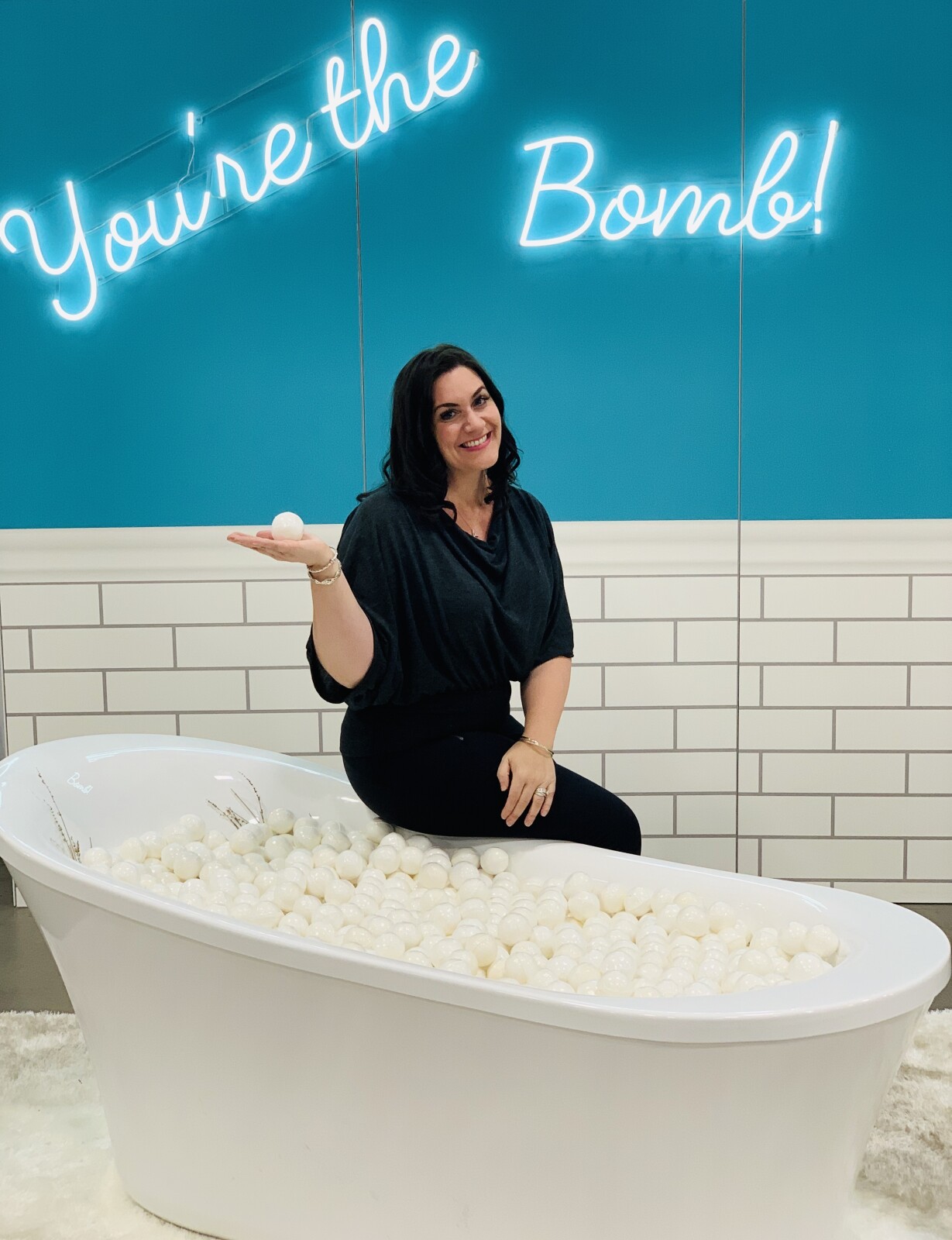
In his book The 7 Habits of Highly Effective People, Steve Covey describes the phenomenon he calls the Production/Production Capability Balance (or P/PC Balance) using Aesop’s fable about the goose and the golden egg.
Once there was a poor farmer, who discovered one of his geese could lay one golden egg per day. At first, the farmer remained patient, returning to the goose each day to fetch the golden egg. Eventually, he became greedy and decided to kill the goose and obtain all the golden eggs at once.
Unfortunately, no golden eggs awaited inside the goose, and now that it was dead, the farmer had no way to get any more.
In this story, the goose represents the Production Capability (PC), and the egg represents the Production (P). “If you adopt a pattern of life that focuses on golden eggs and neglects the goose, you will soon be without the asset that produces golden eggs,” Covey writes.
The “goose,” or Production Capability, could be a coffee maker, a garden, or a trust fund. But the most basic and important Production Capability anyone has is him or herself. Too often people neglect self-care, which can have disastrous results.
What is Self-care?
It might be tempting to think we should prioritize family, business, or friends high above ourselves, but if we are sick or exhausted, we will be little help to others. You are your own most important Production Capability, and you have to take care of yourself first if you expect to care for others—or effectively do anything else important.
Psychology Today defines self-care as “choosing behaviors that balance the effects of emotional and physical stressors: exercising, eating healthy foods, getting enough sleep, practicing yoga or meditation or relaxation techniques, abstaining from substance abuse, pursuing creative outlets, [and] engaging in psychotherapy.”
What are the benefits of proper self-care?
Some people mistakenly think of self-care as selfishness or self-indulgence, which couldn’t be further from the truth. Instead, self-care means exactly what the words say: taking care of yourself.
Those who establish habits of self-care will enjoy physical, mental, and emotional health benefits. Most people understand the physical benefits of a healthy diet and an exercise regime but may forget about maintaining their mental and emotional health.
People often prioritize physical health over mental health, noted psychologist Guy Winch in his Ted Talk. “We sustain psychological injuries even more often than we do physical ones . . . and they can also get worse if we ignore them, and they can impact our lives in dramatic ways,” he said. Let’s work to maintain our health in every way by adopting self-care habits.
Those who maintain their physical, mental, and emotional health through self-care are better equipped to:
- Pursue their careers
- Care for their families
- Maintain lasting friendships
- Live long, healthy lives
- Have a positive self-image
- And much more!
Now that you understand why self-care is so important, let’s discuss a few ways you can adopt the practice.
Getting started with self-care
You don’t have to schedule a weekly goat yoga appointment or plan a monthly weekend getaway to make self-care a priority in your life (though those things would be great)! Self-care means something different to everyone, and you can make a plan that works for you. Future posts will discuss this topic more in depth, but here are a few simple ideas to get you started with self-care:
- Take a walk around the neighborhood to clear your head and enjoy the outdoors.
- Eat an easily portable fruit (such as an apple, a banana, or a peach) as a snack instead of something salty or sweet.
- Take fifteen minutes at the beginning of every day to pray, meditate, or journal before you begin the day’s activities.
- Take a bath instead of a shower.
- Get a babysitter and enjoy a night out with friends or a date night.
- Spend 10-15 minutes stretching.
- Take care of a small home improvement task that has been annoying you for a long time.
- Schedule an appointment with a counselor.
- Come up with your own self-care idea!




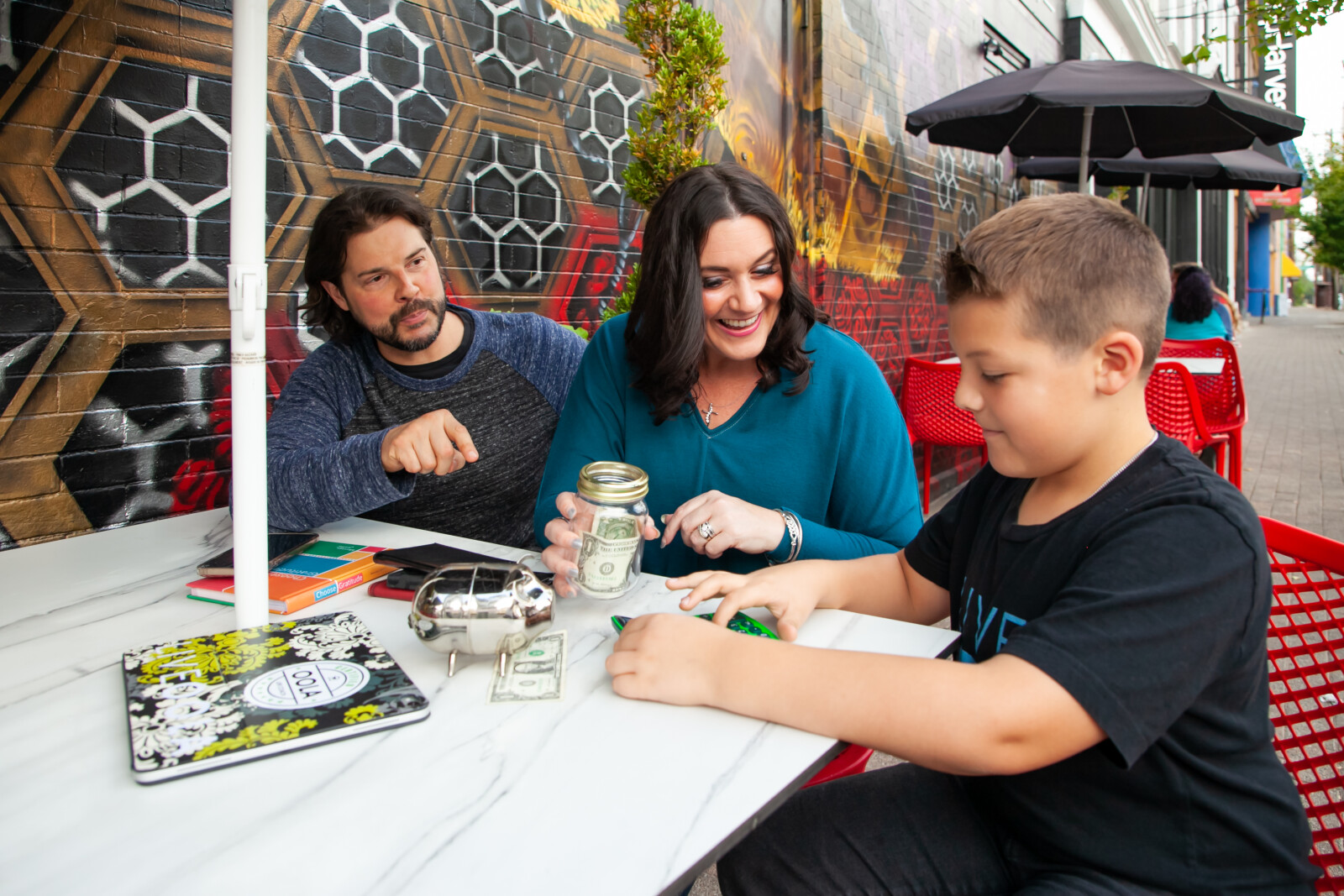
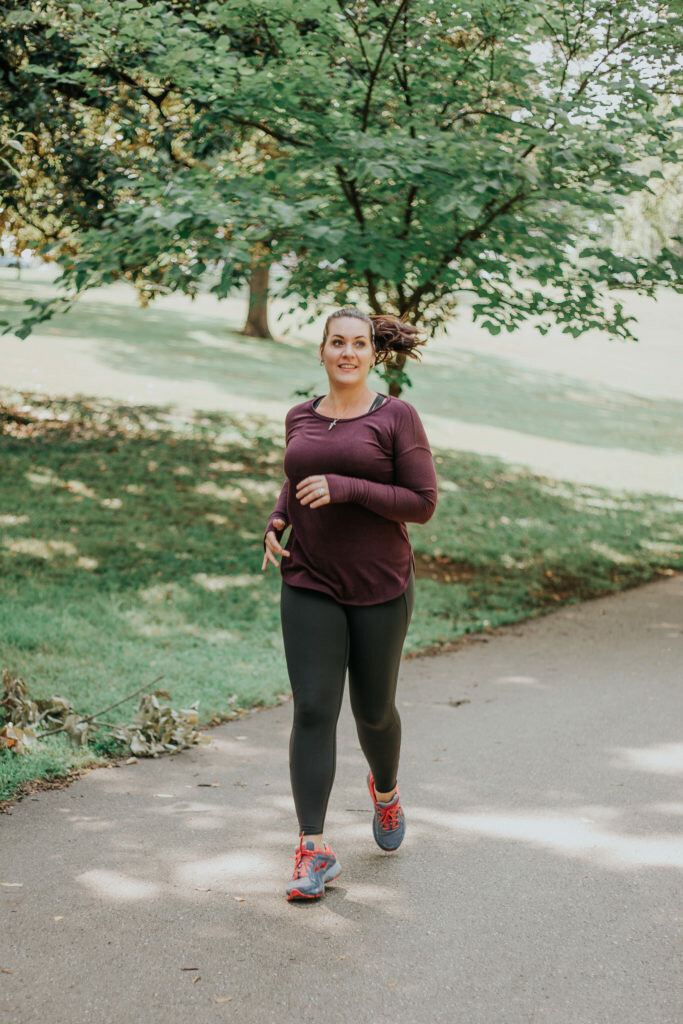




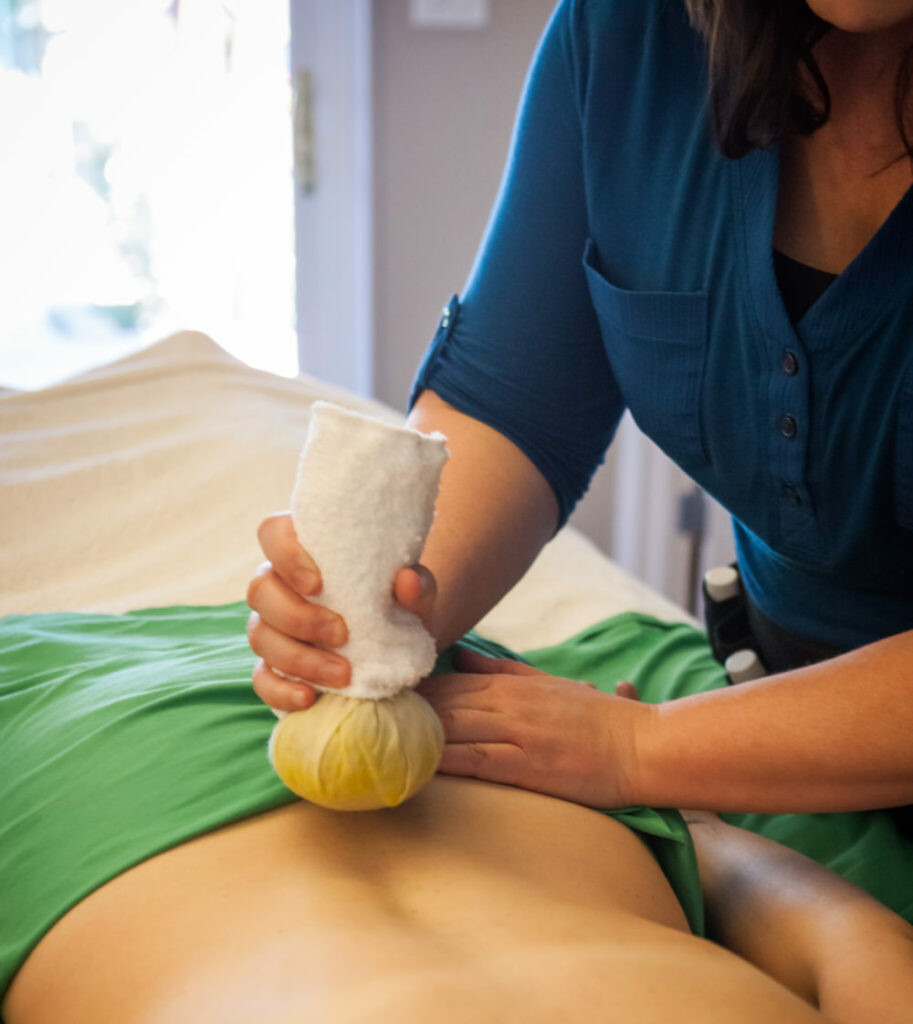




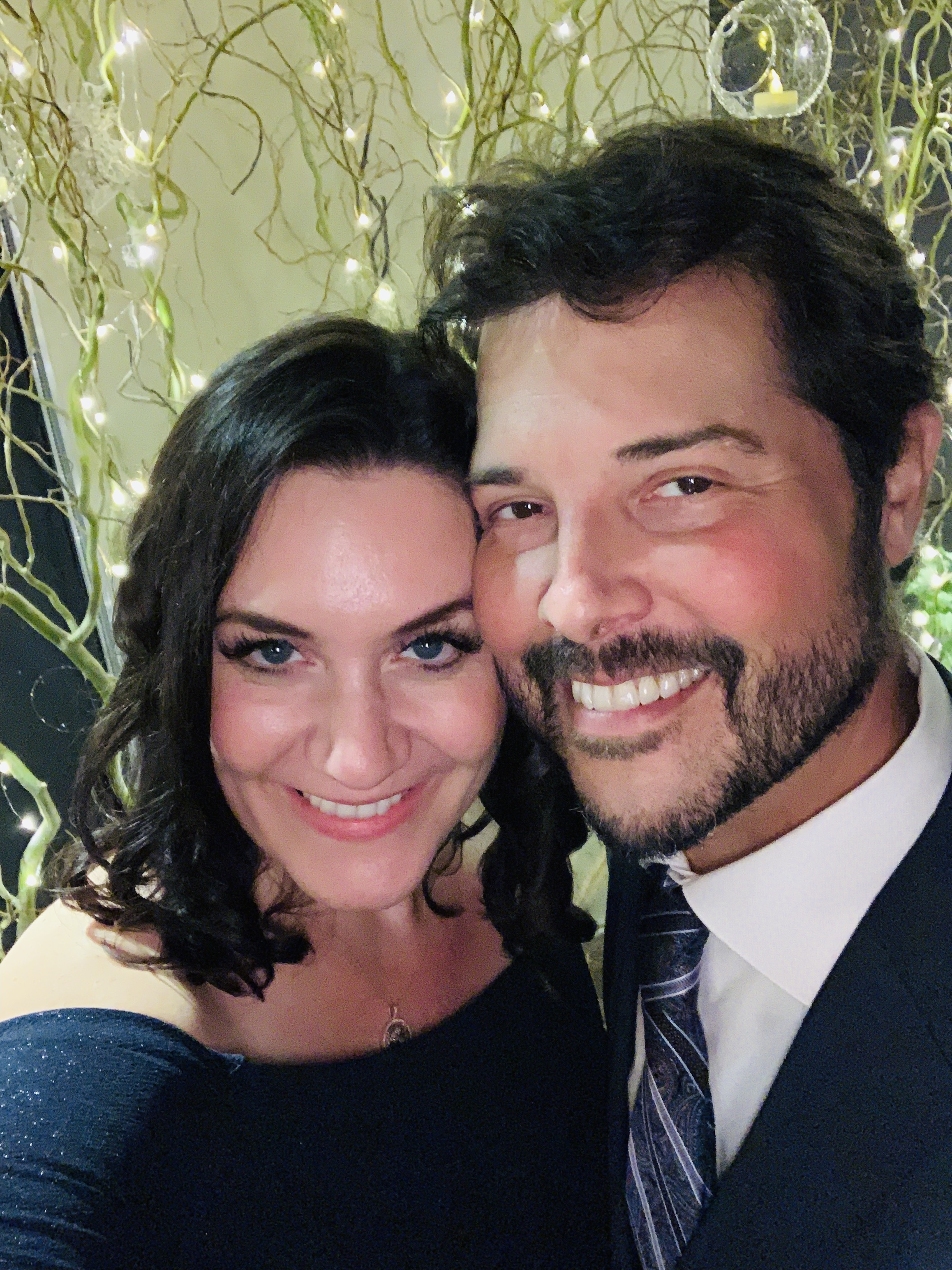
0 Comments